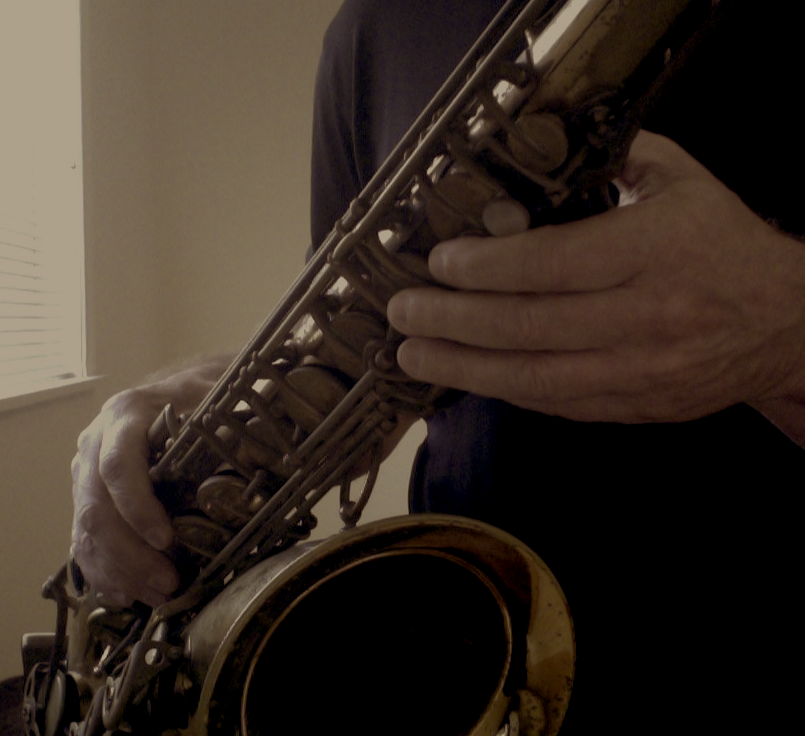“There is no such thing as a right position, but there is such a thing as a right direction.”
F.M. Alexander
One of the traps that many thoughtful musicians can fall into is that of trying to recreate physically what it looks like to play efficiently. They see a musician perform who is playing with what appears to be “effortless efficiency”, and they aspire to imitate that musician’s physical gestures: postures, hand and arm positions, placement of the facial muscles, placement of the fingers on the instrument, etc. But what they are doing, in essence, is confusing cause and effect.
They’re looking for the “right positions”, as Alexander mentions above. Keep in mind that the thing that always precedes physical expression, is thought. Alexander described the thinking that precedes and maintains an activity as being an individual’s direction.
So what you’re really seeing when watching a masterful, effortless musician perform is that musician’s direction. You’re witnessing the physical manifestations of his or her thinking during the music making process.
Much of this is a result of good training for sure, but it is also a reflection of the attitude of the musician. Anticipated effort brings forth effort. Anticipated ease invites ease (and confidence!) This anticipated ease usually has certain identifiable gestures, many of which appear as a sort of efficient stillness: No excessive jaw movement, no fingers flying all over the place, no raised shoulders, and so on.
But if you go directly for trying to look this way without examining the thinking that supports it, you run this very serious risk: Creating excessive effort in an attempt to appear effortless. (Yes, I did mean to say it that way.)
If you’re a saxophonist, for example, and were to watch many of the great technical masters of the instrument, from Charlie Parker, to Michael Brecker, to Marcel Mule play, you’ll notice that their fingers appear to hardly move at all from the keys (in fact their entire bodies seem to hardly move as they play). So you might say, “Aha, to get that great kind of speed and control I need to keep my fingers close to pearls.”
But what often results from trying to keep the fingers “close to the pearls” is a huge amount of tension and unnatural playing gesture. When saxophonists go after this directly, I often see them holding their fingers into place at the expense of tightening their necks, arms, wrists and backs. (These are sometimes the musicians who come to me for help because of the “mysterious” physical pain they are experiencing from playing their instrument.)
When you see really efficient, effortless saxophonists play, you’re seeing an interdependent chain of gestures that are the result of a clear and helpful thought process. There is no holding of anything in place. Just letting things move the way they need to move to support the best results. Lengthening and widening (through release) of their physical structure as they play. Good direction.
So of course the fingers aren’t flying all over the place. That would be inefficient, tense movement. Of course you won’t see the shoulders tightening up around the neck. That, too, would be tense and inefficient movement. (Not exactly lengthening and widening of the physical structure, if you know what I mean.)
If you were to trace this chain of events it might be something like this: Fingers staying relatively still and connected to the keys because the hands are staying soft ,supple and responsive; because the hands are being supported by arms that are freely balanced and releasing out of the back; because the neck is remaining free and mobile allowing the head to balance on the spine.
Fingers, to arms, to back, to head and neck…all determined by the quality of thought that precedes and supports it. Again, good direction is the cause. The effect are the physical gestures. (And do you notice that these gestures primarily involve release and mobility, not tension and position?)
There is a stark difference in quality between dynamic, efficient stillness, and stiff, self-conscious and limiting control of movement. No matter if they appear the same at first glance.
So if you want to play like the masters, don’t try to look like they do. Don’t go after their gestures directly. Instead, emulate how they think (their direction): ease, efficiency, expansion, mobility, balance, lightness, confidence and joy. Get clearer about your habits of tension, and work toward lessening them. Get to know what helps you and what doesn’t.
By better understanding the relationship between thought and gesture, you better understand the kind of cause and effect relationship that leads to continuous improvement.

